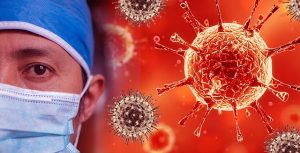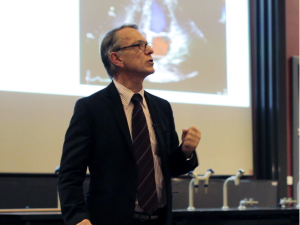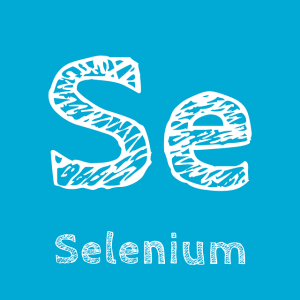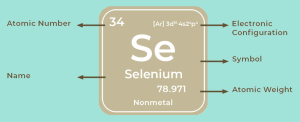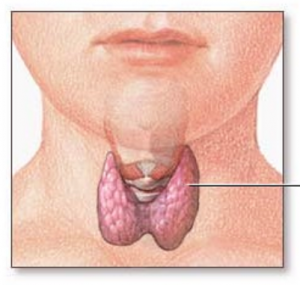Selenium deficiency, especially as manifested in low circulating levels of selenoprotein P, is associated significantly with an increased risk of colorectal cancer incidence and mortality [Pal 2024; Brezina 2025]. SELENOP is a selenium-dependent glycoprotein that is the primary transporter of selenium to the tissues and organs. SELENOP also acts to reduce oxidative stress and systemic inflammation [Schöttker 2024; Brezina 2025].

In the Colorectal Cancer Study of Austria (CORSA Study), researchers analyzed data from 519 participants (n = 153 tumor-free controls, n = 255 patients with adenomas, and n = 111 patients with colorectal cancer). The median age of the study participants was 65 years. Nearly two-thirds of the study participants were male. The study participants’ median plasma selenium concentration was a very low 65.7 mcg/L. Their median SELENOP concentration was also low: 2.7 mg/L. During a median follow-up period of 5,424 days (almost 15 years), there were 210 deaths (40 %) [Brezina 2025].

